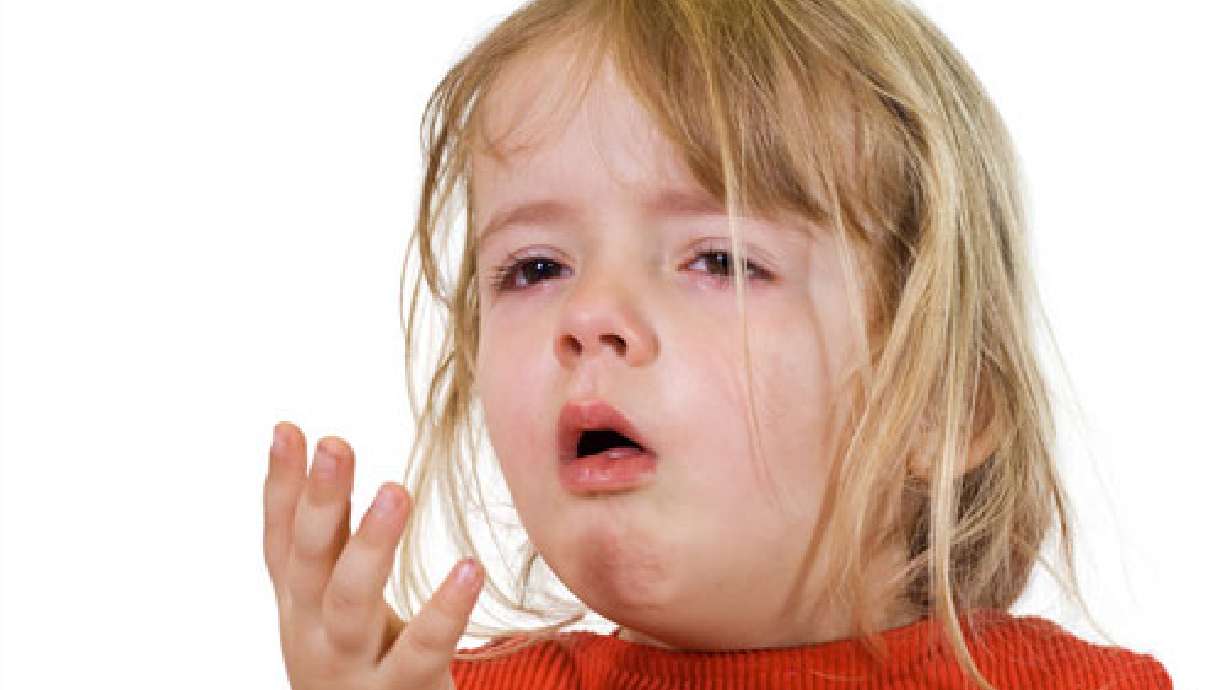Estimated read time: 4-5 minutes
This archived news story is available only for your personal, non-commercial use. Information in the story may be outdated or superseded by additional information. Reading or replaying the story in its archived form does not constitute a republication of the story.
CORRECTION:I need to let the readers know I misspoke about cough medication. Here is the correct information:
Antitussives are cough suppressants relieve your cough by blocking the cough reflex. Dextromethorphan, a type of antitussive, and guaifenesin, an expectorant that can have an antitussive effect, are sometimes combined with each other (one brand name: Robitussin DM). They are also available in combination with other drugs, such as pain relievers, decongestants or antihistamines.
Those combination products (such as multi-symptom cold medicines) are meant to treat many symptoms at once. Dextromethorphan, or DM, is the most common cough suppressant. If you have a dry, hacking cough, dextromethorphan may give you relief.
Expectorants thin mucus and may help you to clear your airway. As the mucus thins, you can cough it up easier.
While many experts feel that drinking water is the most effective way to loosen mucus, you can also use such medications as guaifenesin. The most frequent side effects of expectorants are nausea and vomiting.
Homeopathic remedies like honey, ginger, vinegar, and water and cayenne pepper combinations are also used to treat a cough. But you need to know the raw honey used in children can cause botulism poisoning and needs to be carefully considered before use.
Freshly squeezed lemon juice (1/2 a lemon) mixed with a little bit of drinking water can also help.
Whichever cough suppressant you use be aware there are side effects. With a constant, non-relenting cough, seek advice from your family physician. In a lot of cases it will be a combination of all things that will be the solution.
PREVIOUS STORY:
SALT LAKE CITY — The world of health and medicine can be confusing to many parents. But Nurse Suzy is here to help clarify some of the issues that are important to you and your family.
This week's question deals with treating a child’s cough.
Question:
Why don't they make a cough medicine for younger kids? My daughter is 2 years old and she has had a cough so bad that she can't sleep. She has had this cough on and off since January when she got sick. She was born 2 1/2 months early, so it seems like she is getting sick all the time. Finally her ENT doctor put her on a prescription medication. Did they ever have a cough medicine for younger kids?
Answer:
Small children with a constant cough can be very concerning to a parent. Not only is it difficult to listen to your child cough all day, but in many cases it keeps everyone in the household up at night.
Most parents want to make the coughing stop, not realizing that the best treatment may be to let the child cough. It may also be that the underlying cause needs to be treated, not the cough itself. For example, your child may have reflux, early signs of asthma, allergies to pets or dust, etc.
You really need to find out why your child is coughing first. Your family doctor will be able to assist with this.
Very small children have not had enough research testing to clearly know which over-the-counter (OTC) medication would be the best. Also, there has been great overuse of children's medications by parents who are unaware of the potential side effects and problems of overdosing, or who just don't care and simply don’t want their children to be sick.
Related:
Several manufacturers of infant cold and cough medication voluntarily recalled their products in 2007, and the FDA came out with a health advisory later that year recommending OTC cough or cold medication not be used for infants and children under the age of 2.
For a quick reference of OTC cough medications for children over the age of 2 please remember:
- Expectorant cough medications are drugs that will help to get congestion out the throat and lungs. Usually these cough medications that will say “DM” at the end of the name. Mucinex and Triaminic DM are examples of expectorants.
- Cough suppressants are drugs that help you stop coughing. Dimetapp, Triaminic and Robitussin are examples of cough suppressants. For simple dosing of children, medical personnel always use calculations using the child’s weight measured in kilograms. To calculate kilograms, take the child’s weight in pounds and divide it by 2.2. - - - - - -
Suzanne Carlile,"Nurse Suzy," has been a nurse for 30 years. Her main focus of nursing is critical care areas and nursing education. She holds a master's degree in nursing, is a Certified Emergency Nurse, and a member of NNSDO Intermountain West Chapter.











